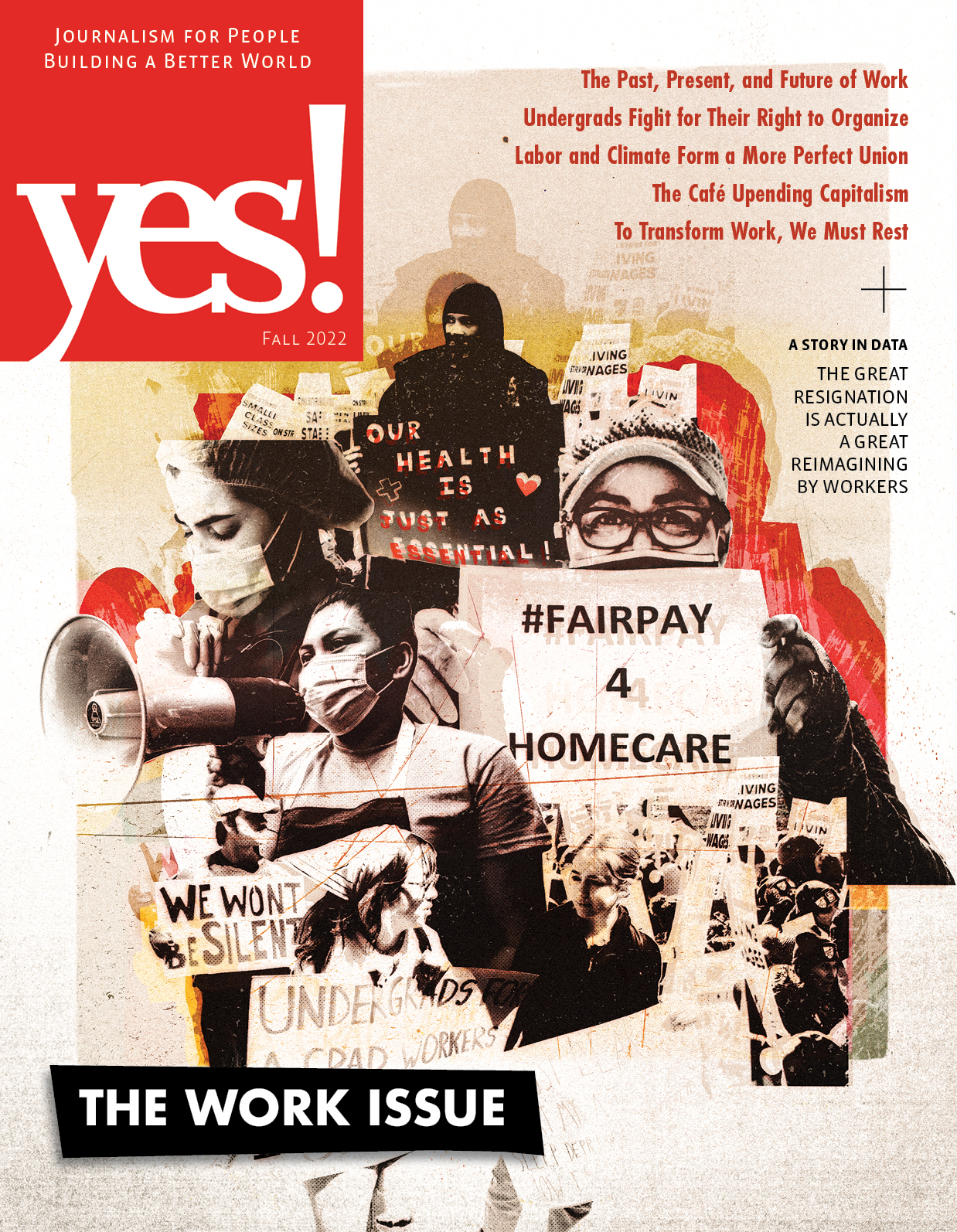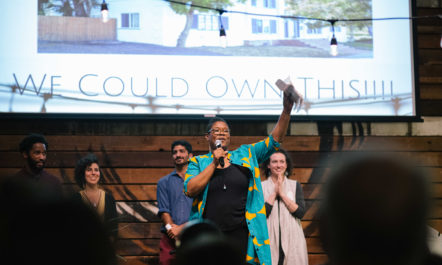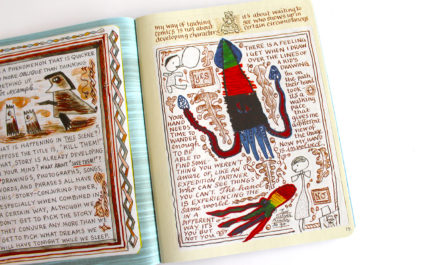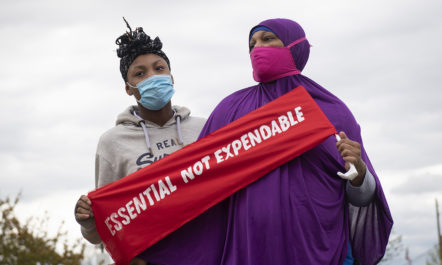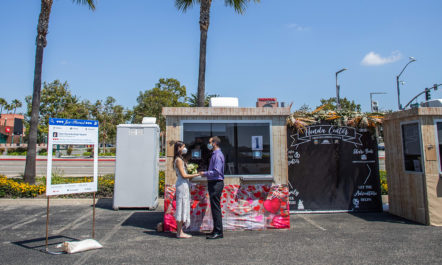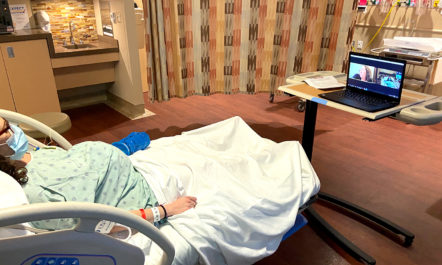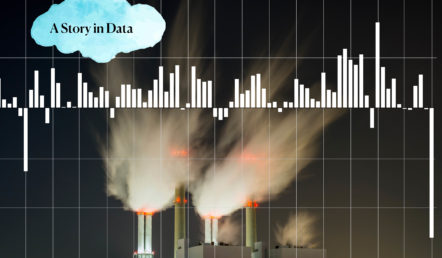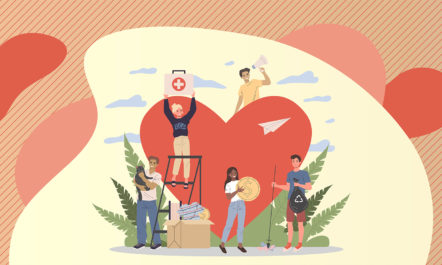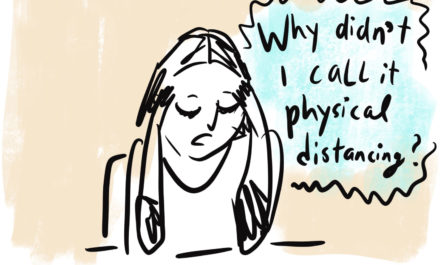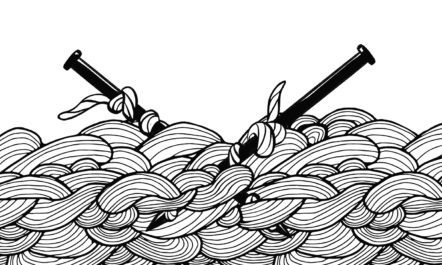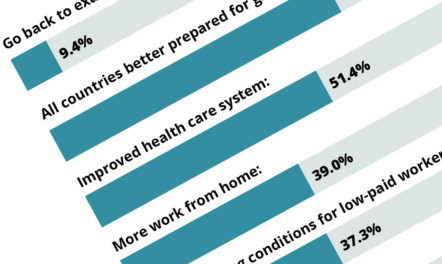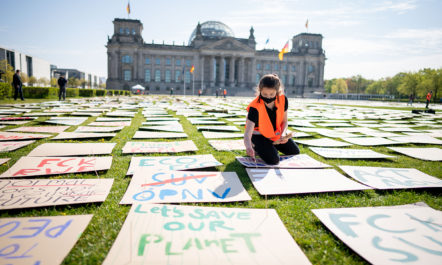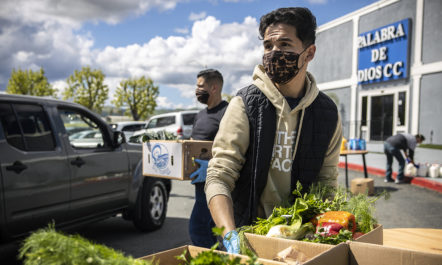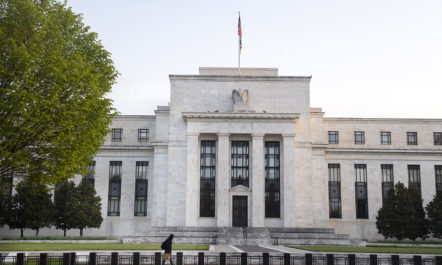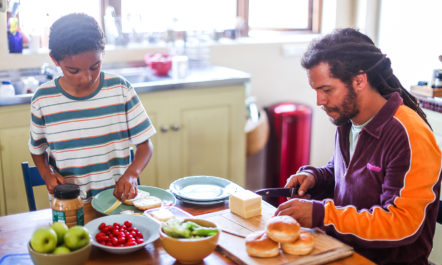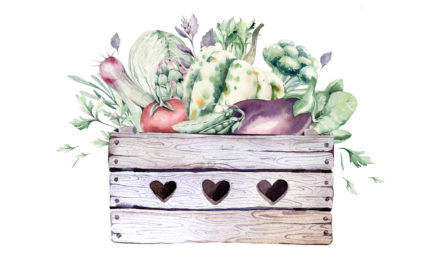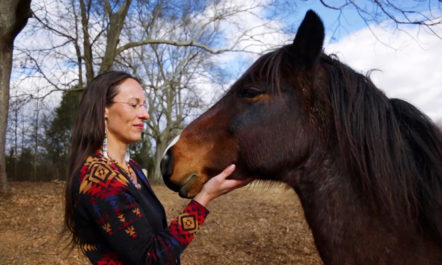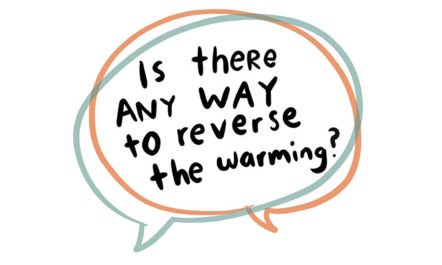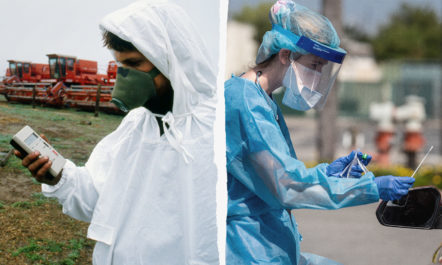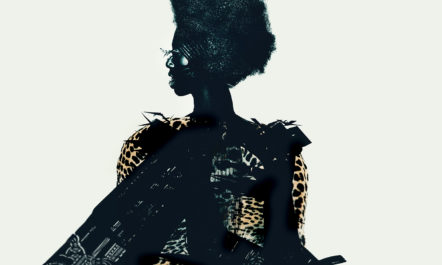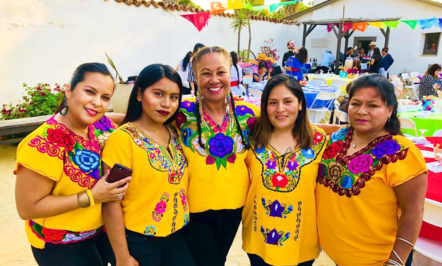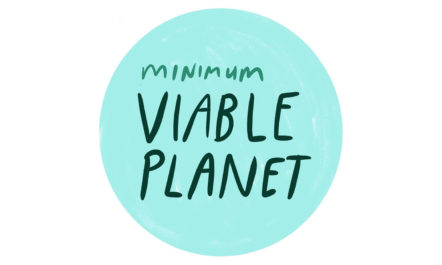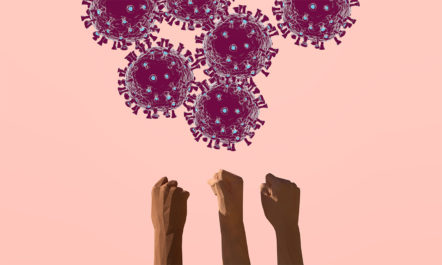Like many of you, I've experienced grief—deep personal grief, shared familial grief, collective community grief. But until the COVID-19 pandemic, I had not felt a part of an immense and widespread global grief. So often we in the United States watch from a distance as epidemics, famines, and wars plague other parts of the world. But now we’re in it too—sheltering in place, social distancing, wearing masks and gloves in public—and dying—right alongside people in Italy, Japan, South Africa, and most other countries.
It’s time to think big about housing. No more evictions and foreclosures. Rent and mortgage cancellation on a grand scale. Twelve million new green housing units in the next 10
In her new book, beloved comics artist Lynda Barry encourages your inner storyteller.
As the COVID-19 pandemic continues to unveil the deficiencies in all of our systems, racial disparities—particularly the disproportionate number of Black people dying—top the list. The staggering statistics keep pouring
By understanding the purpose of shared rituals, we can try to preserve their intent and create a sense of shared emotion and connection.
Doulas provide emotional and physical support before, during, and after birth. With concerns over the spread of COVID-19, this service has become even more crucial.
Data show coronavirus countermeasures have resulted in a record drop in fossil-fuel demand and created an opening for a clean-energy transition.
YES! Editors share the parameters they use for deciding where to donate their personal time and money when confronted by such overwhelming need.
A weeklyish commentary about climateish stuff, and how to keep it together in a world gone mad.
Taking a cue from the many traditions that liken human life to fabric, I started knitting a COVID-19 death-toll blanket.
What should happen in the aftermath of the coronavirus?
Students across generations are flocking to online crash courses on movement building and the Green New Deal.
A nonprofit in Contra Costa County is adapting every aspect of its operations to address food insecurity during the COVID-19 crisis.
The nation’s only state-owned bank serves as a model for how the U.S. is fighting the economic damage of the coronavirus pandemic.
A family therapist encourages parents and others raising kids to focus on the 4 R’s: routines, rules, relationships and rituals.
Planting roots in our neighborhoods—rather than individual victory gardens—allows us to reassess the true meaning of community and show our neighbors that we have their backs.
Be it through mutual aid, healing circles, grief rituals, or direct actions, we grow our resilience when we gather with the intention of holding one another’s wholeness.
Horse sanctuaries along the Native American Horse Trail are working to save America’s last Indigenous horses and rewrite official histories that claim they don’t exist.
A weeklyish commentary about climateish stuff, and how to keep it together in a world gone mad.
My family survived Chernobyl and outlived a seemingly invincible empire. Now, I look to this history for guidance through this pandemic.
The science fiction subgenre known for its utopian and liberation themes has become a vehicle for Black women artists.
Staying connected to community, caring for the most vulnerable, and finding joy should all be a priority right now.
A weeklyish commentary about climateish stuff, and how to keep it together in a world gone mad.
The coronavirus outbreak is presenting us an opportunity to rethink our economic system—and remake it in an image we’d prefer.
Due to the coronavirus outbreak, a less invasive model of policing is being employed. Here’s why we should consider this approach even after the pandemic.
Help Fund Powerful Stories to Light the Way Forward
Donate to YES! today.
